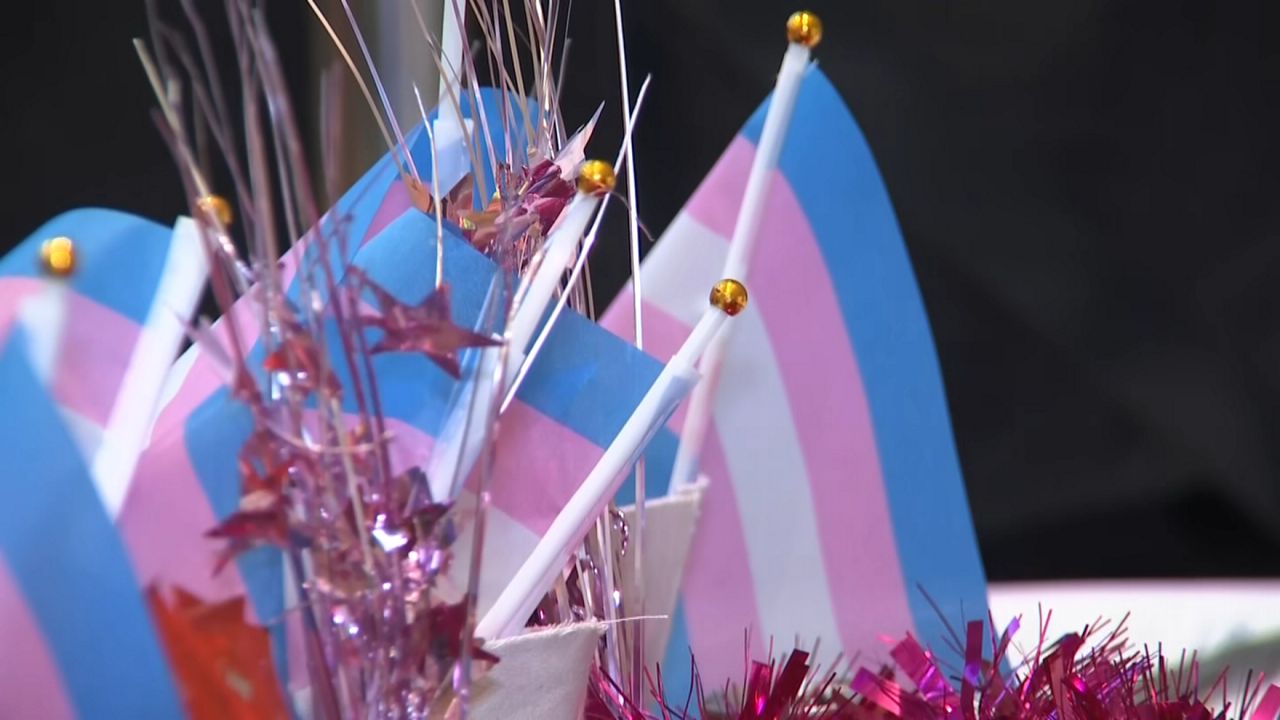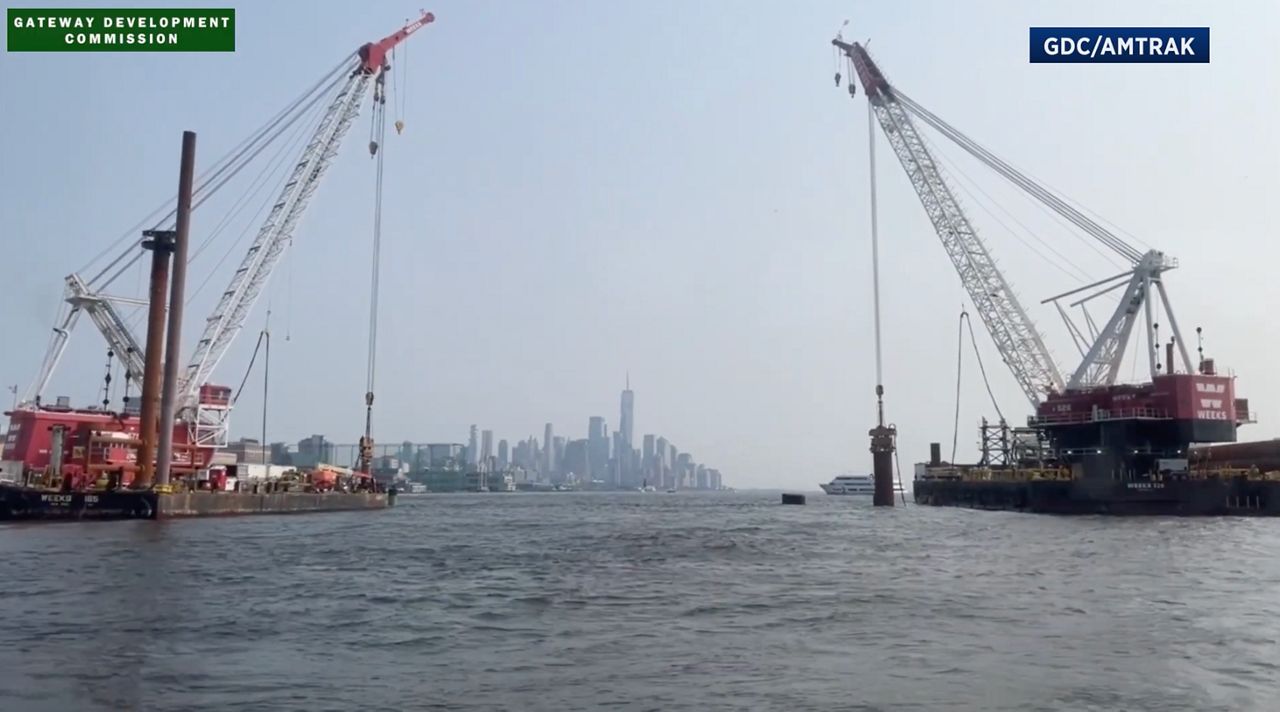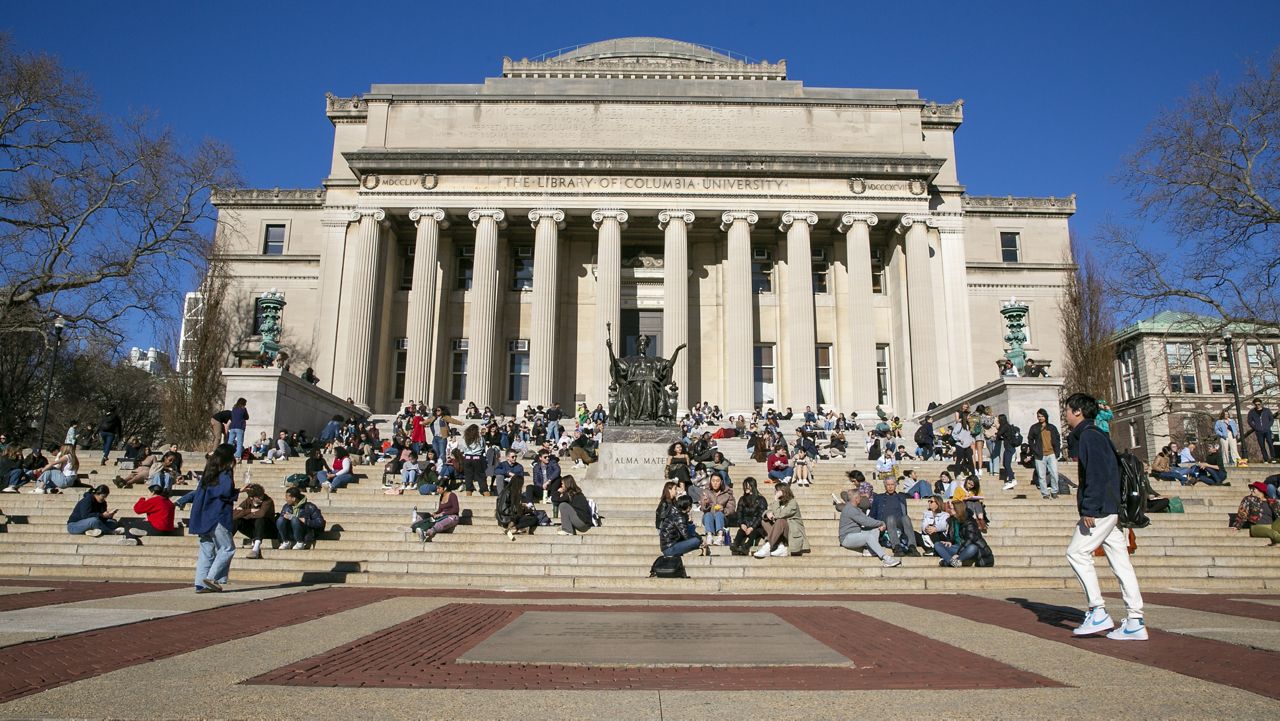A large crowd of migrants from Africa flocked to lower Manhattan on Tuesday morning, calling on the city to do more for them.
They were joined by a host of local lawmakers who criticized the lack of equitable services being offered to new arrivals.
“Anti-Blackness is a real phenomenon that is pervasive in everything that we do and immigration has not been the exception,” Public Advocate Jumaane Williams said.
“Our color should not determine what service we get in New York City, because when every once else comes they get the services,” Councilmember Mercedes Narcisse said.
The group numbered in the thousands, many of whom were unable to make it to the steps of City Hall.
Those who did make it to the steps made sure to highlight their struggles at times, even through tears.
“We have issues with housing. We don’t have work. A lot of us weren’t able to apply for asylum yet, because we don’t have the means to pay the lawyers,” said a migrant through an interpreter at a rally.
The rally came just an hour before the City Council held a hearing focusing on the Black migrant experience in the city.
African migrants said their main obstacle in the city is a lack of language access.
“Unfortunately, for us, learning how to read and write is a privilege. A lot of our brothers and sisters do not know how to read and write. So, they only speak their native language,” Corinne Obongo Golden from Africa is Everywhere said. “We need people that speak the native language to teach those people. That’s what we’re asking the city, and the city refuses.”
The African asylum seekers also said job training in construction that is offered in Spanish isn’t offered in French.
“All the things we ask, is to get these people training, get them a job, get them a paper to work. That’s going to help themselves, going to help ourselves and going to help several families,” Balde Abdoulaye from the Futa Islamic Center said.
City officials acknowledged more work needs to be done while also blaming part of the problem on a lack of federal help.
“Fulani and Wolof are limited profusion languages, so it is harder to get staff that are trained exactly in those languages, and on the other services they are providing - we are working to address that,” Molly Schaffer, director of the Office of Asylum Seeker Operations, said.
“Again, this is an issue that partly belongs to the federal government. They need to do better at providing training in these languages,” Manuel Castro, commissioner of the Mayor’s Office of Immigrant Affairs, said.
As of late March, the top African countries of origin for those migrants in the city’s care are Guinea, Senegal and Mauritania.
“Africans deserve dignity and respect. We are not animals,” Golden said at the hearing.
Those at the hearing on Tuesday also said African migrants are disproportionately affected by time limits that are pushing migrants out of shelters. African migrants tend to be single adults whose families back home are relying on them.







_PKG_DSNY_CONTAINER_PROTEST_133803091_499)